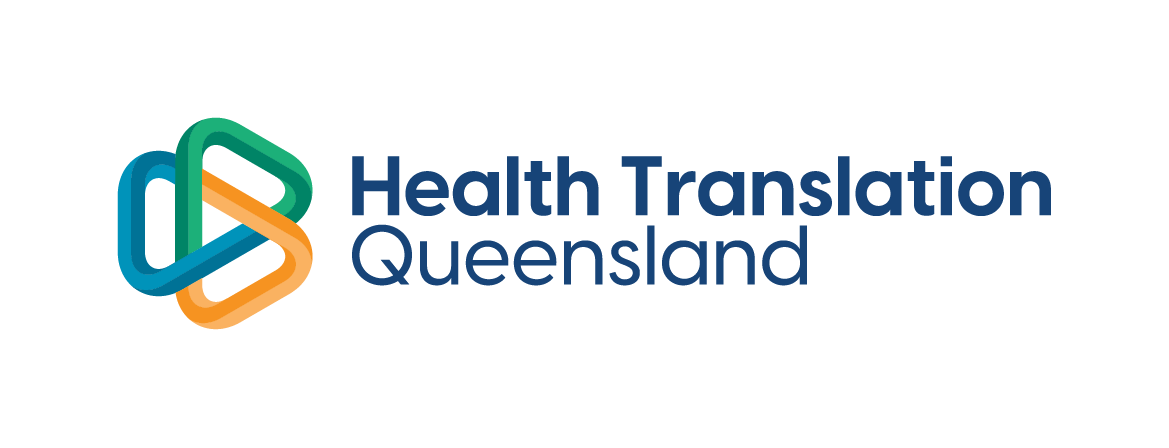Keywords: Ecology or HTQ; university of queensla... or Research infrastructure or data visualisation or research software
-

Heurist Network
### What is Heurist? Heurist is a comprehensive, flexible data management service built...
1 training material0 upcoming event (15 past event)Heurist Network https://heuristnetwork.org https://dresa.org.au/content_providers/heurist-network ### What is Heurist? Heurist is a comprehensive, flexible data management service built specifically for the Humanities, available both as a free service, or for download to a private server (open source). Its development has been driven and informed by dozens of Humanities research projects. Heurist is a human-centered interface to a MySQL (or other SQL server) database. It operates as a hybrid relational / graph database, hiding all the complexity of SQL, tables, relational joins, relational integrity etc. behind (fairly) simple choices. It’s available on a number of non-commercial web services (free to use) and on private web servers. You can also install it on your own server if you wish. ### What we offer We offer frequent training and collquia for our users, indeed for all Humanities researchers who use digital methods and require a database. Our users are a diverse community of researchers across Australasia, Europe, Asia, Africa and the Americas. We also offer one-on-one support and ad-hoc training for projects who use our technology, or individuals who need a hand gettings started with Humanities databasing. /system/content_providers/images/000/000/018/original/h6logo_intro.png?1653544233 -

EcoCommons
A Planet RDC project, EcoCommons is building a collaborative commons that is developing...
8 training materialEcoCommons https://www.ecocommons.org.au/ https://dresa.org.au/content_providers/ecocommons A Planet RDC project, EcoCommons is building a collaborative commons that is developing ecological modelling tools. It currently provides; access to point-and-click species distribution modelling (SDM) tools, projections of how those distributions might change as the climate warms, access to a variety of spatial data grids (rasters), and API connection to records from the Atlas of Living Australia. /system/content_providers/images/000/000/034/original/ecocommons-logo.png?1711521620 -

Open Ecoacoustics
A Planet RDC project, the vision of Open Ecoacoustics is to enable open science and conservation...
6 training materialOpen Ecoacoustics https://openecoacoustics.org/ https://dresa.org.au/content_providers/open-ecoacoustics A Planet RDC project, the vision of Open Ecoacoustics is to enable open science and conservation through the development and promotion of open access ecoacoustics technologies, methodologies and standards. We provide a dedicated ecoacoustics platform that is open to everyone, so that it can aggregate and share data, analyses and tools, and interoperate with downstream services. We support FAIR data by developing standardised metadata and third party analyses by moving to flexible workflow technologies (PBS, docker). We accelerate data analysis by publishing a shared repository of annotated datasets and recognisers. We interface to other systems, including TERN, ALA, EcoCommons and citizen science sites, through services and shared tools. /system/content_providers/images/000/000/035/original/Open_Ecoacoustics_logo.png?1712032933 -

Health Translation Queensland
3 training material1 upcoming event (3 past event)Health Translation Queensland https://www.healthtranslationqld.org.au/ https://dresa.org.au/content_providers/health-translation-queensland /system/content_providers/images/000/000/029/original/6240_HTQ_LSC_COL_RGB.png?1699242043 -

Atlas of Living Australia
The Atlas of Living Australia (ALA) is a collaborative, digital, open infrastructure that pulls...
0 upcoming event (1 past event)Atlas of Living Australia https://www.ala.org.au/ https://dresa.org.au/content_providers/atlas-of-living-australia The Atlas of Living Australia (ALA) is a collaborative, digital, open infrastructure that pulls together Australian biodiversity data from multiple sources, making it accessible and reusable. The ALA helps to create a more detailed picture of Australia’s biodiversity for scientists, policymakers, environmental planners and land managers, industry and the general public and enables them to work more efficiently. The ALA is the Australian node and a full voting member of GBIF – the Global Biodiversity Information Facility – an international network and data infrastructure funded by the world’s governments and aimed at providing anyone, anywhere, open access to data about all types of life on Earth. /system/content_providers/images/000/000/017/original/ALA_Logo_Inline_CMYK.jpg?1652413583 -

Language Data Commons of Australia (LDaCA)
Australia is a massively multilingual country, in one of the world’s most linguistically diverse...
0 upcoming event (2 past event)Language Data Commons of Australia (LDaCA) https://www.ldaca.edu.au/ https://dresa.org.au/content_providers/language-data-commons-of-australia-ldaca Australia is a massively multilingual country, in one of the world’s most linguistically diverse regions. Significant collections of this intangible cultural heritage have been amassed, including collections of Aboriginal and Torres Strait Islander languages, Australian Englishes, and regional languages of the Pacific, as well as collections important for cyber-security and for emergency communication. Language Data Commons of Australia (LDaCA) is integrating this existing work into a national research infrastructure while also securing at-risk collections and improving access to under-utilised collections. LDaCA is thus ensuring that these invaluable resources will be available for analysis and reuse in the future, and that they will be managed in a culturally, ethically and legally appropriate manner guided by FAIR and CARE principles. The Language Data Commons of Australia (LDaCA) project receives investment from the Australian Research Data Commons (ARDC) through its HASS and Indigenous Research Data Commons program. The ARDC is funded by the National Collaborative Research Infrastructure Strategy (NCRIS). /system/content_providers/images/000/000/041/original/logo.jpg?1724905018 -

Astronomy Data And Computing Services (ADACS)
Our Vision is to provide astronomy-focused training, support and expertise to allow astronomers...
Astronomy Data And Computing Services (ADACS) https://www.adacs.org.au https://dresa.org.au/content_providers/astronomy-data-and-computing-services-adacs Our Vision is to provide astronomy-focused training, support and expertise to allow astronomers to maximise the scientific return from data and computing infrastructure. ADACS is delivered jointly by Swinburne University of Technology, Curtin University, and Macquarie University. ADACS is funded under Astronomy National Collaborative Research Infrastructure Strategy (NCRIS) Program via Astronomy Australia Ltd (AAL). /system/content_providers/images/000/000/033/original/ADACSLogo.png?1708671870 -

Wildlife Insights
Wildlife Insights is combining field and sensor expertise, cutting edge technology and advanced...
1 training materialWildlife Insights https://www.wildlifeinsights.org/ https://dresa.org.au/content_providers/wildlife-insights Wildlife Insights is combining field and sensor expertise, cutting edge technology and advanced analytics to enable people everywhere to share wildlife data and better manage wildlife populations. Anyone can upload their images to the Wildlife Insights platform so that species can be automatically identified using artificial intelligence. This will save thousands of hours, freeing up more time to analyze and apply insights to conservation. By aggregating images from around the world, Wildlife Insights is providing access to the timely data we need to effectively monitor wildlife. We are creating a community where anyone can explore data from projects around the world and leverage data at scale to influence policy. Wildlife Insights provides the tools and technology to connect wildlife “big data” to decision makers. This full circle solution can help advance data-driven conservation action to reach our ultimate goal: recovering global wildlife populations. /system/content_providers/images/000/000/038/original/WI_logo_0.png?1715906285